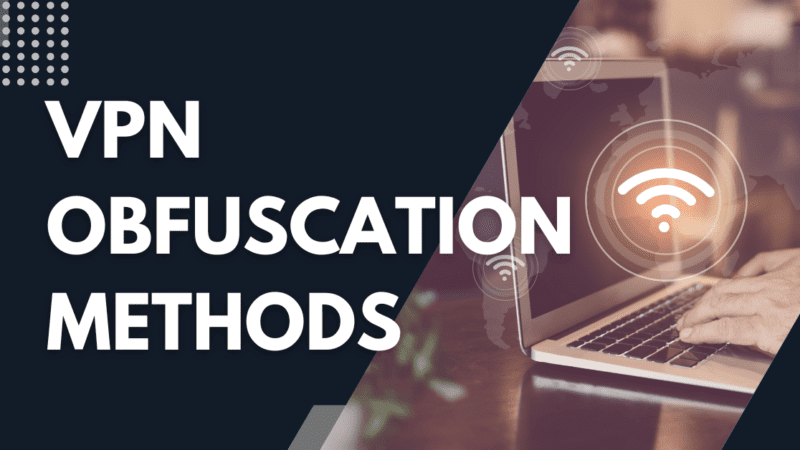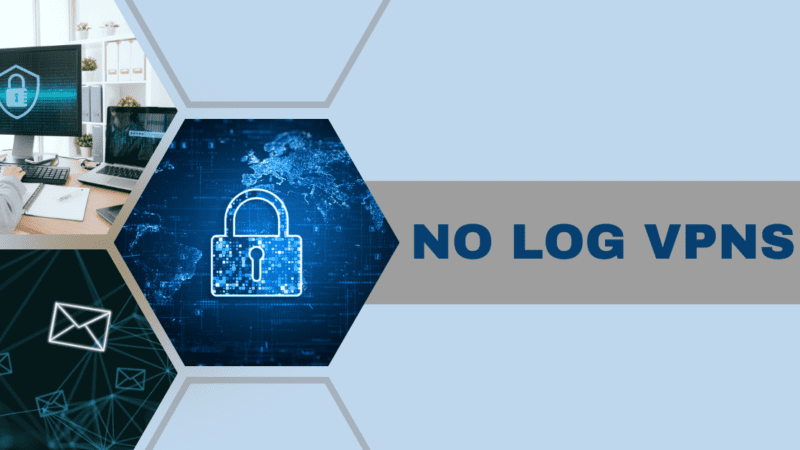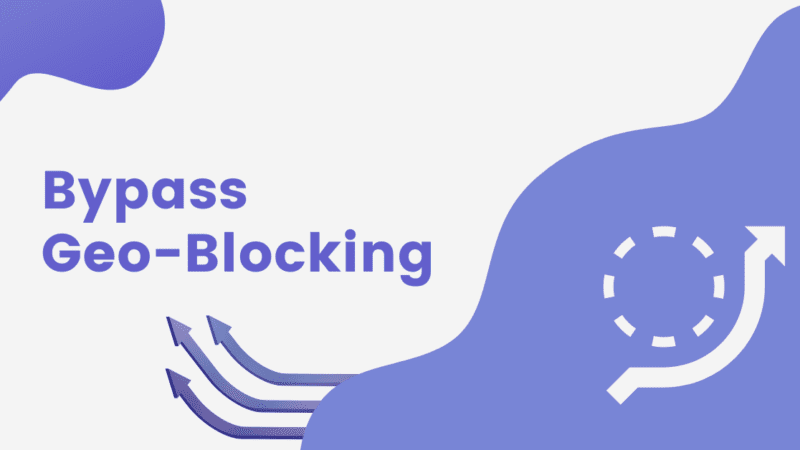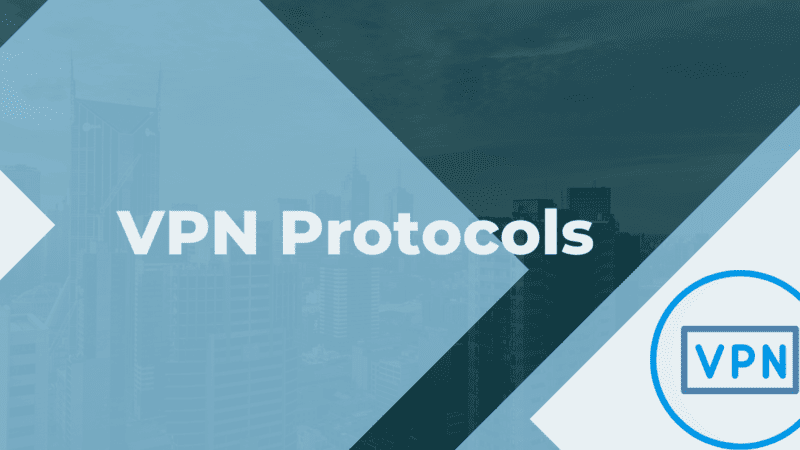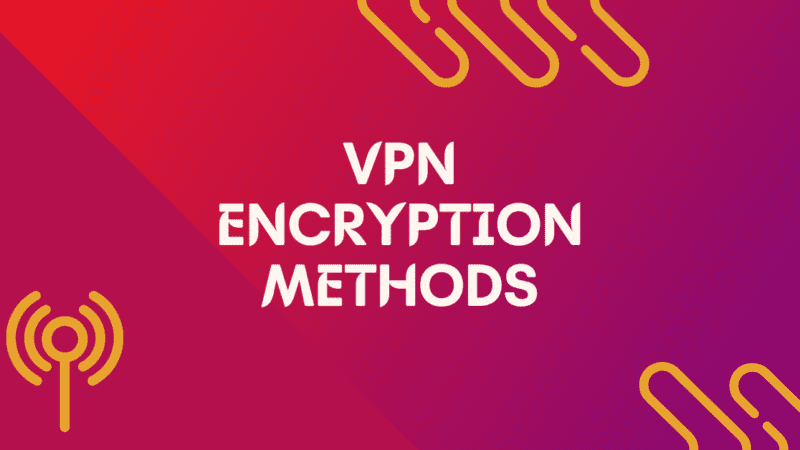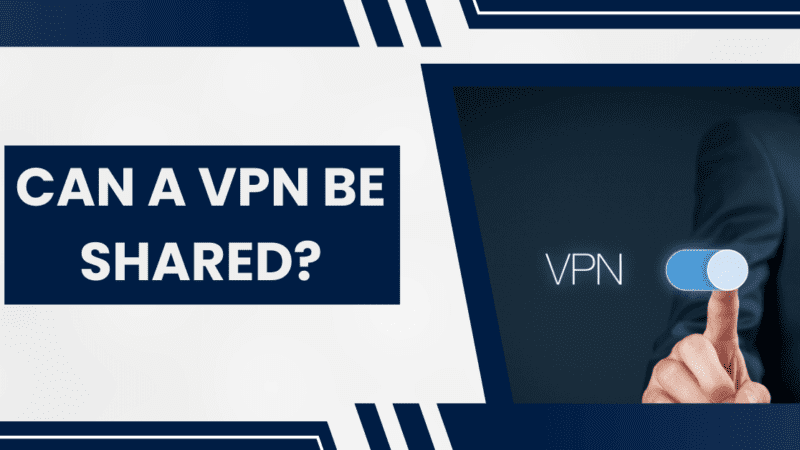Multi-hop VPN: A Comprehensive Guide to Choose the Best VPN
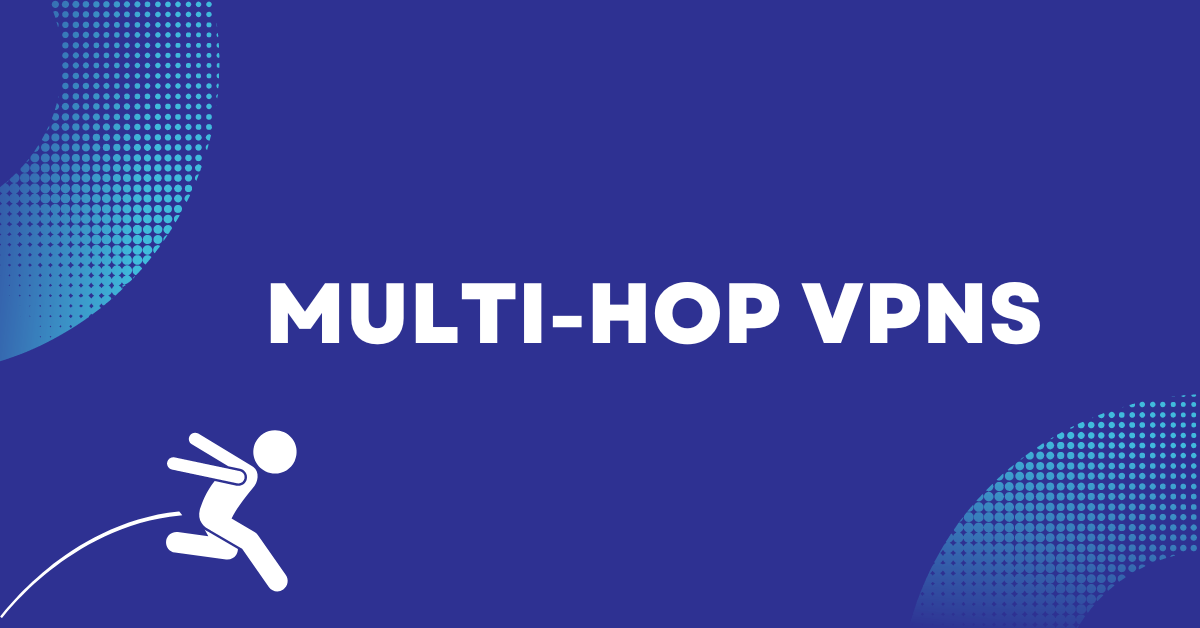
In an increasingly interconnected digital landscape, protecting our online activities and personal information has become paramount. Virtual Private Networks (VPNs) have emerged as powerful tools to safeguard our privacy and secure our internet connections. Among the various types of VPNs, multi-hop or double VPNs offer an additional layer of protection by routing internet traffic through multiple servers. In this article, we will delve into the world of multi-hop VPNs, exploring how they work, their advantages and disadvantages, their safety, and when they are particularly useful. Additionally, we will highlight some of the best multi-hop VPN services available.
What is Multi-hop VPN?
A multi-hop VPN, also known as a double VPN or cascading VPN, is a configuration that involves routing internet traffic through two or more VPN servers before reaching its destination. Unlike traditional VPN connections that route traffic through a single server, multi-hop VPNs add an extra layer of encryption and anonymity by bouncing the data through multiple locations. This sequential routing process enhances privacy and makes it more challenging for anyone monitoring the network to trace the origin and destination of the traffic.
How does a Multi-hop VPN work?
When you connect to a multi-hop VPN, your internet traffic is encrypted and sent through the first VPN server. From there, it is encrypted again and routed through a second VPN server before finally reaching its destination. Each VPN server decrypts a layer of encryption, making it virtually impossible for anyone intercepting the data to decipher the original information. This multi-layered approach ensures that your online activities remain anonymous and secure.
Multi-hop VPN Advantages and Disadvantages
Multi-hop VPN Advantages:
- Enhanced Privacy: By utilizing multiple VPN servers, multi-hop VPNs make it extremely difficult for eavesdroppers, government surveillance agencies, or cybercriminals to trace your online activities back to your original IP address.
- Stronger Encryption: Each VPN server adds an extra layer of encryption, making it exponentially harder for anyone to decrypt and intercept your data.
- Improved Anonymity: Multi-hop VPNs obscure your online identity by masking your IP address, providing an additional layer of anonymity.
- Geographical Flexibility: With multi-hop VPNs, you can choose servers located in different countries, allowing you to bypass geographical restrictions and access content that might otherwise be blocked.
Multi-hop VPN Disadvantages:
- Reduced Speed: Since your internet traffic is routed through multiple servers, each with its own processing time, multi-hop VPNs can potentially slow down your connection speed. However, the impact on speed may vary depending on the quality and location of the VPN servers.
- Increased Latency: Similarly, the multiple hops in a VPN connection can introduce additional latency, which may affect real-time applications such as gaming or video conferencing.
- Higher Cost: Multi-hop VPNs typically come at a higher cost compared to standard VPN services due to the additional infrastructure and server resources required.
- Is a Multi-hop VPN Safe?
- When it comes to safety, multi-hop VPNs provide an added layer of security by encrypting your data twice and making it exceedingly difficult for adversaries to monitor or intercept your online activities. However, it’s essential to choose a reputable VPN provider that has a strong track record in terms of privacy policies, data protection, and encryption standards.
When do you need a Double VPN?
While a standard VPN connection is generally sufficient for most users, there are specific scenarios where a multi-hop VPN can be particularly useful:
- Journalists, Activists, and Whistleblowers: Those dealing with sensitive information or working in countries with oppressive regimes may benefit from the extra layer of protection offered by multi-hop VPNs.
- Enhanced Privacy Concerns: If you have an increased need for privacy, such as when engaging in online financial transactions, accessing confidential business data, or discussing sensitive legal matters, a multi-hop VPN can provide an additional shield against potential threats.
- Evading Surveillance: In regions where government surveillance is prevalent, using a multi-hop VPN can make it significantly more challenging for surveillance agencies to track and monitor your online activities.
- Avoiding Geo-blocking: If you want to bypass geo-blocking and access content restricted to specific countries, a multi-hop VPN allows you to choose servers in different locations, making it appear as if you are browsing from a different country.
Best Multi-hop VPNs:
When selecting a multi-hop VPN service, it’s crucial to consider factors such as server locations, encryption protocols, connection speeds, privacy policies, and user-friendly interfaces. Here are some reputable multi-hop VPN providers worth considering:
- NordVPN: NordVPN offers a dedicated multi-hop feature called “Double VPN,” providing users with a seamless and secure multi-server connection.
- ExpressVPN: Known for its robust security and blazing-fast speeds, ExpressVPN offers a multi-hop feature called “VPN chain,” allowing users to route their traffic through multiple servers.
- Surfshark: Surfshark’s “MultiHop” feature provides users with the option to connect to two VPN servers simultaneously, providing an extra layer of security and anonymity.
- ProtonVPN: ProtonVPN’s Secure Core feature routes your traffic through multiple servers located in privacy-friendly countries, ensuring enhanced security and privacy.
- CyberGhost VPN: CyberGhost VPN offers a feature called “Double Encryption,” which allows users to route their traffic through two servers for added security.
Conclusion:
In an era where online privacy and security are increasingly under threat, multi-hop VPNs offer an advanced level of protection for internet users. By routing your data through multiple servers, these VPN configurations enhance privacy, encryption, and anonymity, making it significantly more challenging for anyone to track or intercept your online activities. While multi-hop VPNs may have some drawbacks such as reduced speed and increased cost, their advantages outweigh these limitations in situations where an extra layer of security is necessary.
When considering a multi-hop VPN, it is essential to choose a reliable provider that prioritizes user privacy, employs robust encryption protocols, and offers a wide range of server locations. With the right multi-hop VPN, you can take control of your online privacy and enjoy a safer and more secure internet experience.

